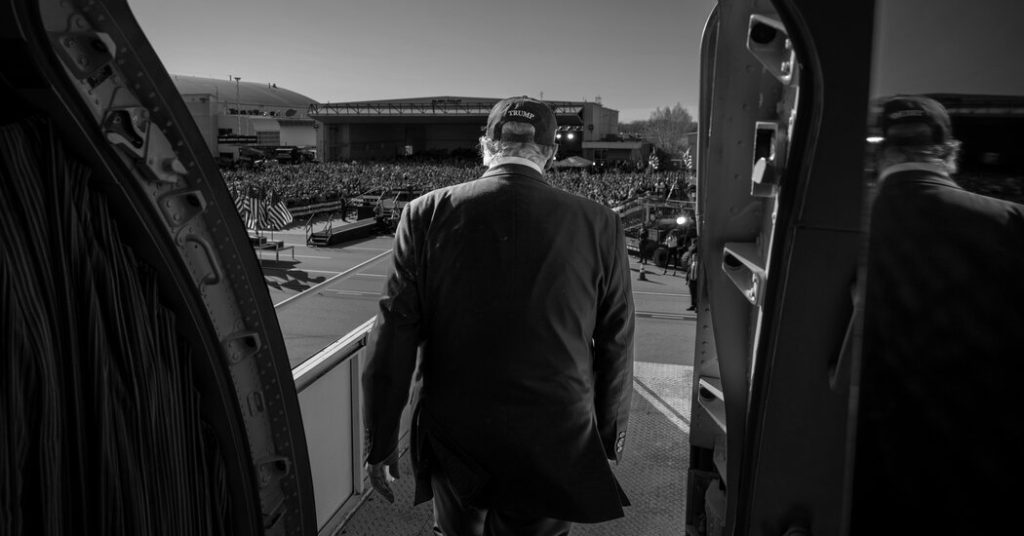The current struggle in the world is between liberalism and authoritarianism, with leaders like Donald Trump, Viktor Orban, Narendra Modi, and Vladimir Putin on one side, and democratic values on the other. Liberalism has evolved into a system that respects human dignity and celebrates individual choice, focusing on processes like the rule of law, free speech, and free elections. Alexandre Lefebvre argues in his book, “Liberalism as a Way of Life,” that liberalism has become a moral ethos, filling the void left by the decline of other moral systems like religion.
Liberal morality emphasizes individual consent and respect for autonomy. Liberals aim to be kind and decent to their fellow human beings, avoiding judgement on how individuals choose to define the purpose of their lives. However, pure liberalism can come across as tepid and uninspiring, lacking in some of the loftier virtues like bravery and loyalty. By emphasizing individual choice, liberalism can weaken social bonds and create a sense of loneliness, questioning the value of relationships based solely on personal utility.
Liberal societies neglect the importance of institutions like families, faiths, and attachments to a sacred place that precede individual choice. People are shaped by these primal attachments from birth, forming their traditions, cultures, and sense of personhood. Authoritarians like Trump and Xi take advantage of the deeper sources of meaning, such as faith, family, and flag, to appeal to their supporters by presenting liberals as a threat to these sacred bonds and offering themselves as strong defenders against social and moral chaos.
However, the liberal backlash in societies has led many people to seek moral and spiritual fulfillment through politics. This has turned politics into a holy war for many, where one side seeks vindication while the other is destroyed. Liberals need to acknowledge the limits of liberalism and recognize that while it is important for constructing a fair society, it cannot be the ultimate purpose in life. It is essential for liberal politicians to find ways to defend liberal institutions while also honoring deeper loyalties such as faith, family, and flag.
For liberalism to survive this contest, there needs to be a celebration of liberalism while also addressing the deeper spiritual needs of individuals. Acknowledging and incorporating transcendent loyalties, such as religion or ideology, can help individuals feel connected to a higher order. American presidents like Theodore Roosevelt and Ronald Reagan were able to speak in terms that honored both liberalism and transcendent loyalties, and a modern version of that is needed to combat the rise of authoritarianism and ensure the survival of liberal values in the future.


